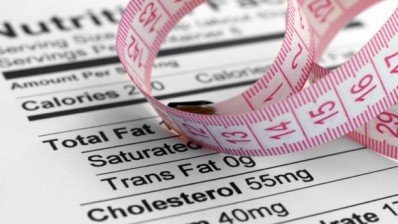Sat fat debate: ‘Butter is not back’, warn authors of new review

Research published in the Journal of the American College of Cardiology has warned that ‘butter is not back’, after reiterating evidence that replacing saturated fats with unsaturated fats (or whole grains) lowers heart disease risk.
Led by Professor Frank Hu from the Harvard T.H. Chan School of Public Health, the review concludes that people who replace saturated fat in their diets with refined carbohydrates do not lower their risk of heart disease, while those who replace saturated fats with unsaturated fats or whole grains do have a lower heart disease risk.
"Our research does not exonerate saturated fat," said Hu. "In terms of heart disease risk, saturated fat and refined carbohydrates appear to be similarly unhealthful."
The team noted that when it comes to trimming out saturated fats, many people fall back on carbohydrates – and especially refined carbs like white bread – which are no better for heart disease risk and may partly explain why researchers have questioned recommendations for limiting saturated fat for heart health, which have previously led to media headlines promoting the return of butter.
"Our findings suggest that the low-fat, high-carb trends of the 1980s and 1990s are not effective in reducing risk of CHD," commented Yanping Li, co-first author aof the Harvard study. "It means that individuals should not replace saturated fat with refined carbs or vice versa.”
“Dietary recommendations to reduce saturated fats should specify their replacement with unsaturated fats or with healthy carbohydrates, such as whole grains," said Li.

























